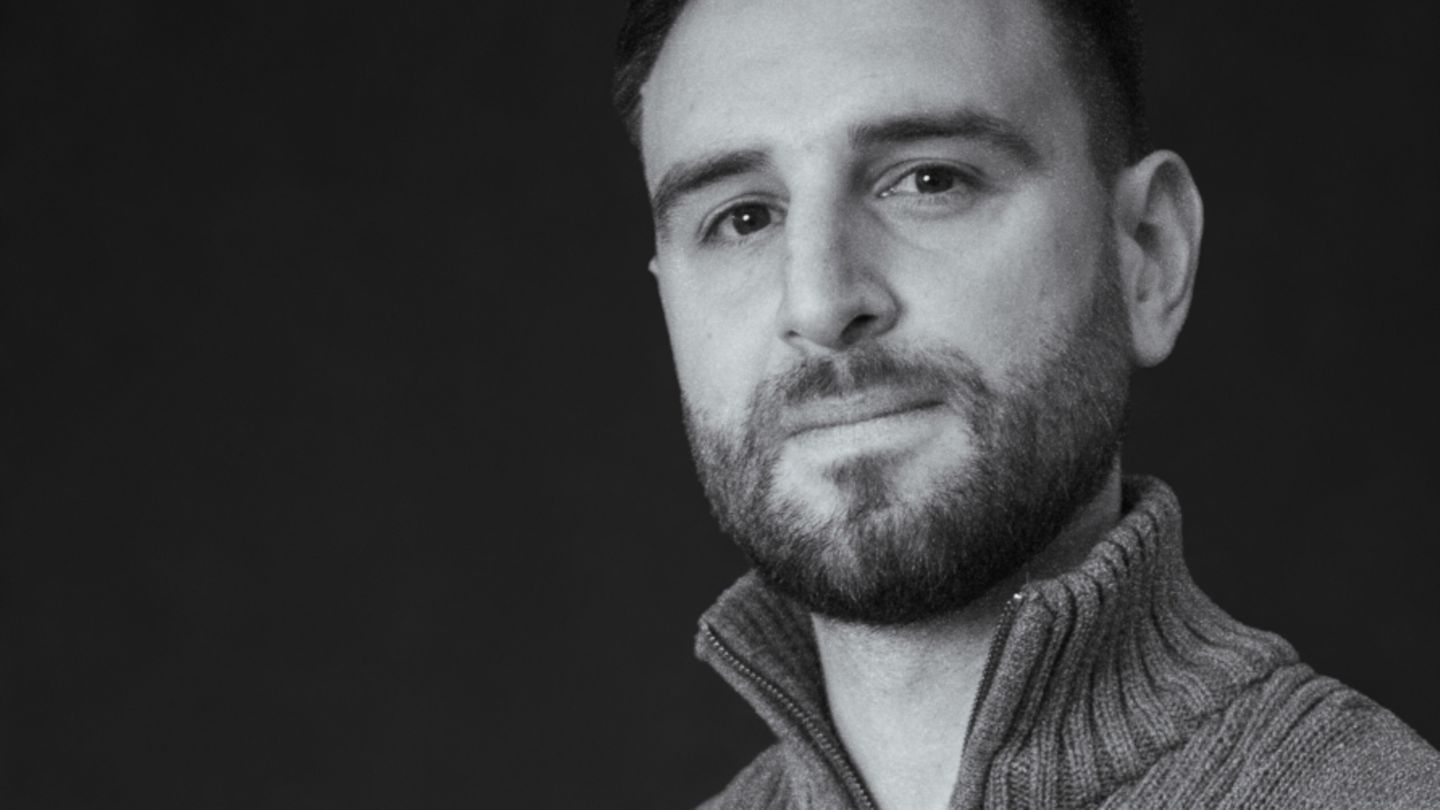interview
Ex-border policy about refugees: “We called it border pingpong”
Copy the current link
Add to the memorial list
Former border policeman Jan Solwyn considers Friedrich Merz’s migration plans to be unrealistic. If you want an asylum seeker, you have to make yourself honest in one point.
They have been used by the federal police for almost 15 years and both on the inner German border and at the European external borders. What was the most frustrating experience for you?
The most frustrating was when we picked up people in whom we knew that nothing of what they told us agreed: neither the identity nor the origin nor the served escape history. It was all just a pretext to get to Germany. But as soon as they put a protection for protection, we had to let them go into the country.
How do you check whether the stories are right?
Among other things, with the help of good interpreters, they can see that according to two sentences. At my first interrogation we took up a young man who claimed to come from Palestine and have been persecuted by the Israelis. After a few sentences, an interpreter that was added told me that this could not be true. The dialect showed that the man came from North Africa. I confronted him with it and he admitted it. There were many such cases.
What happened to him?
Since he could not show any papers and no reason for asylum, we pushed him back to Belgium. A few days later I learned that he had returned. This time he had made it smart: he needed asylum. The colleague had to let him in. Once we arrested a violent Eritrean at Dortmund Central Station, I was injured and was incapable of serving for months. The man had been noticeable several times. Weeks later I learned that the procedure had been stopped due to insignificance and that the man had received protection status despite further crimes. These are frustration drivers.
In your experience, who comes to the country?
The typical profile is: male, from North Africa, the Middle East or the Persian region, including Afghanistan, between 13 and 30. Because minors are particularly protected in Germany, many are a minor. After the beginning of the Syrian Civil War in 2011, many also gave themselves out as Syrian refugees. Because it was the door opener. Women and children are absolutely underrepresented.
Can’t you understand that young men start an attempt in their own country without a future?
But. These are often people from precarious conditions, without perspective, to whom an economically comfortable life is promised when they manage to come to Germany. It is often decorated with “success stories” by compatriots. And then they come up in a mass accommodation, without a car, without a girlfriend, with pocket money according to the Asylum Seekers Benefits Act.
In your book “An der Border” you describe that Italy is sometimes sending asylum seekers to Germany.
Especially the countries at the European external border, which are the only ones with responsibility for the asylum procedure according to the Dublin Ordinance, people actively send people to Central Europe. And don’t take back. There is also something like that from Greece. I think the whole asylum system has failed.
The future government wants to reject illegal refugees on the German borders. Is that realistic?
No it’s not. You can only reject those who travel without papers and come without an entry ground. Anyone who puts a search for protection can enter. As a federal police, we cannot and must not check that. This is the crux.
In your opinion, what is the most important lever to contain illegal migration?
In order to limit the influx, it would be good to reduce social benefits. But only making living conditions worse for refugees is not a strategy. The strategy must be to establish effective external protection at the European external borders. Frontex is already in the right direction. But all states would have to send sufficient personnel and material. There should then be asylum procedures at the external borders.
The President of the Federal Office for Migration and Refugees has just asked to abolish individual law on asylum. What do you think of it?
At least it should be decided at the outer border. If you get asylum status, you could enter Europe according to a certain distribution key.
The proposal also comes from the Union to outsource the asylum procedure into a third country. Does that make sense?
The suggestion sounds interesting. But Italy failed in trying to do exactly that in Albania. And the third country is given a large lever to demand more and more. A deterrent example of this is the EU-Turkey deal, where Milliarden has flowed into an autocratic Türkiye on German tax money. In 2020, Turkey terminated the deal one-sided, but this was lost in the course of the Corona wave.
In the SPD and Union’s exploratory paper, it says: “In coordination with our European neighbors, we will also make rejections at the common borders even in the case of asylum applications.” Can that work?
I hardly think. Where is the lever so that the neighbors do not simply reject back to Germany, but to another neighboring country? I have experienced this often enough, for example with Belgium. We called it border pingpong. In the end, the migrants always landed with us.
Before his election, Friedrich Merz called for a permanent control of the borders to all neighboring countries. How feasible is that?
I would like to ask Mr. Merz myself, at 3800 kilometers of internal borders. We have a little over 45,000 employees in the police enforcement service with the federal police. Even if they were used around the clock at the border, they could not completely monitor them. This is impossible in the Schengen area. Temporary controls and veil investigations make sense because they show where the migration pressure is greatest. But you cannot prevent illegal trips permanently.
Can illegal migration be contained nationally at all?
I would say: no. As long as we dig around national solutions, nothing will change. The big European solution is needed. But there is no election campaign with that.
What do you expect from the next government?
That she is honest, that you can’t get any further with national solutions. The migration policy of the past 15 years has failed. The numbers that speak for themselves. But if you admit it, it is interpreted as a weakness. A real European border protection can be implemented, only political will is missing.
Do you think there will be an asylum seeker?
I am not a political analyst. My fear is that the Union has been pokered up and something was promised that is not to be stopped. This will continue to contribute to the erosion of the political center. Disappointed voters always drives it to the edges.
Your book has the ambiguous title “on the border”. Were you also emotionally on the border?
Often and increasingly. I have become thinner over time, more irritable. Because my identity as a police officer was part of my personality and I couldn’t just take it out after work like my uniform.
Was that the reason why they got out?
It was a mixture. In the event of a mission abroad in the Middle East, I met my current partner, who comes from Israel. It is bound to land privately. In addition, frustration came over what goes wrong with us. I no longer wanted to work in operational border protection. However, my alienation never applied to the federal police. I was proud to wear the uniform.
Source: Stern
I have been working in the news industry for over 6 years, first as a reporter and now as an editor. I have covered politics extensively, and my work has appeared in major newspapers and online news outlets around the world. In addition to my writing, I also contribute regularly to 24 Hours World.





